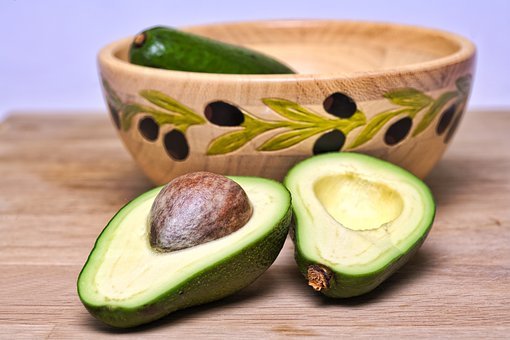Does Potassium Make You Gain Weight?

When you are trying maintain a healthy body weight or lose some extra pounds, it may seem as if everything you eat is a potential saboteur. There is good news: You can cross the mineral potassium off the list of items that cause weight gain. Like other essential minerals, potassium serves many important functions in your body. However, potassium cannot be converted into energy, which means it does not contain any calories.
MECHANISM OF WEIGHT GAIN
You gain weight when you consume more calories than your body uses, a situation nutritionists describe as positive energy balance. Your body converts excess calories into fat, your body's primary form of energy storage. Protein, fats and digestible carbohydrates from your diet can be used to produce energy; alcohol can also be metabolized to produce energy. Only substances that serve as fuels for energy production contain calories and contribute to increased body fat. Minerals, including potassium, and vitamins are not energy-generating fuels and do not cause weight gain. Water retention can lead to temporary weight gain, although this does not represent increased body fat.
ROLE OF POTASSIUM
Many of your body's essential functions depend on the capacity to conduct electrical impulses. As potassium dissolves in your body fluids, it takes on a positive electrical charge. The continuous beating of your heart, contraction of your muscles and conduction of nerve impulses rely on the electrical potential of dissolved potassium. Your kidneys use potassium in exchange for sodium to maintain water balance in your body. Additionally, many important chemical reactions in your body cannot occur without potassium.
POTASSIUM REQUIREMENTS
Your body requires a relatively large amount of dietary potassium daily to replenish the amount lost in your urine, sweat and stool. The recommended potassium intake for adolescents and adults is 4.7 g daily. Milk, yogurt, chicken, turkey, tuna, tomatoes, carrots, spinach, potatoes, celery and dry beans are good sources of dietary potassium, providing you with 300 mg or more per serving.
LOW POTASSIUM
Your kidneys regulate the amount of potassium in your body by retaining or excreting the mineral in your urine as needed. A low potassium level, or hypokalemia, can occur with potassium losses from your gastrointestinal system associated with severe diarrhea, vomiting, bulimia or laxative abuse. Certain types of antibiotics and water pills may also cause excess loss of potassium, leading to hypokalemia. Symptoms of a low potassium level may include constipation, lack of energy, weakness, muscle spasms and, in severe cases, breakdown of your muscle tissue.
HIGH POTASSIUM
An abnormally high potassium level, or hyperkalemia, most commonly occurs with severe kidney disease. When your kidneys do not function properly, your body has no effective mechanism to rid itself of excess potassium. Injuries and diseases that cause tissue destruction can also lead to hyperkalemia. In these situations, large amounts of potassium from damaged cells leak into your bloodstream. A high potassium level often does not cause symptoms, but may provoke a potentially fatal disturbance in your heart rhythm.
Source of shared Link

Hi, @kran!
You just got a 0.62% upvote from SteemPlus!
To get higher upvotes, earn more SteemPlus Points (SPP). On your Steemit wallet, check your SPP balance and click on "How to earn SPP?" to find out all the ways to earn.
If you're not using SteemPlus yet, please check our last posts in here to see the many ways in which SteemPlus can improve your Steem experience on Steemit and Busy.